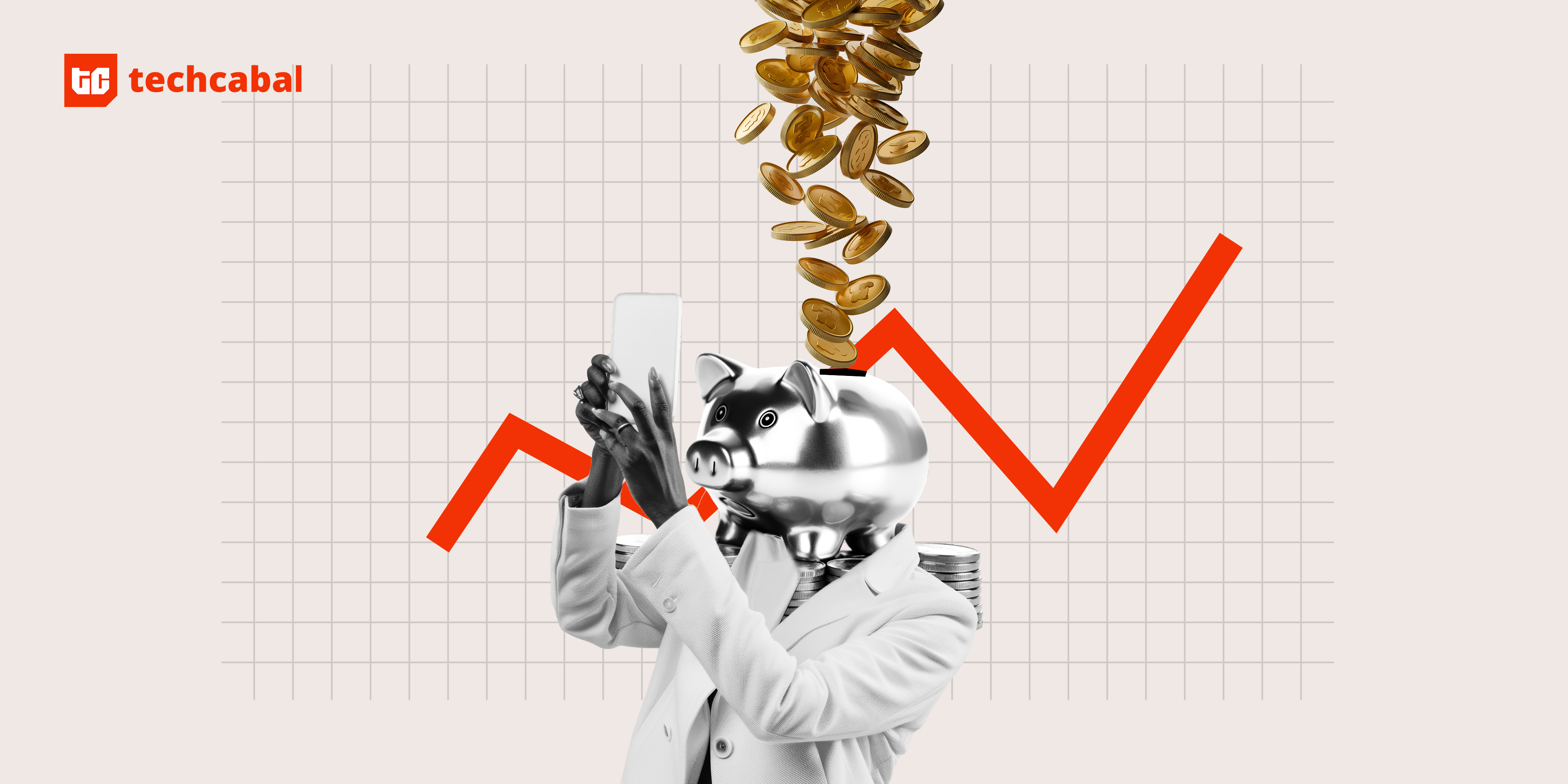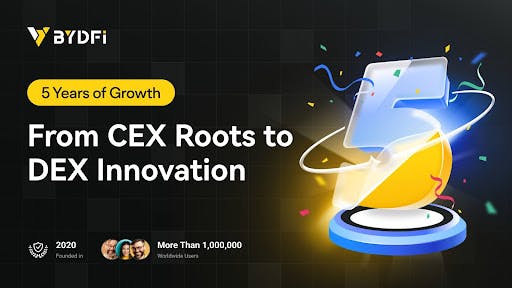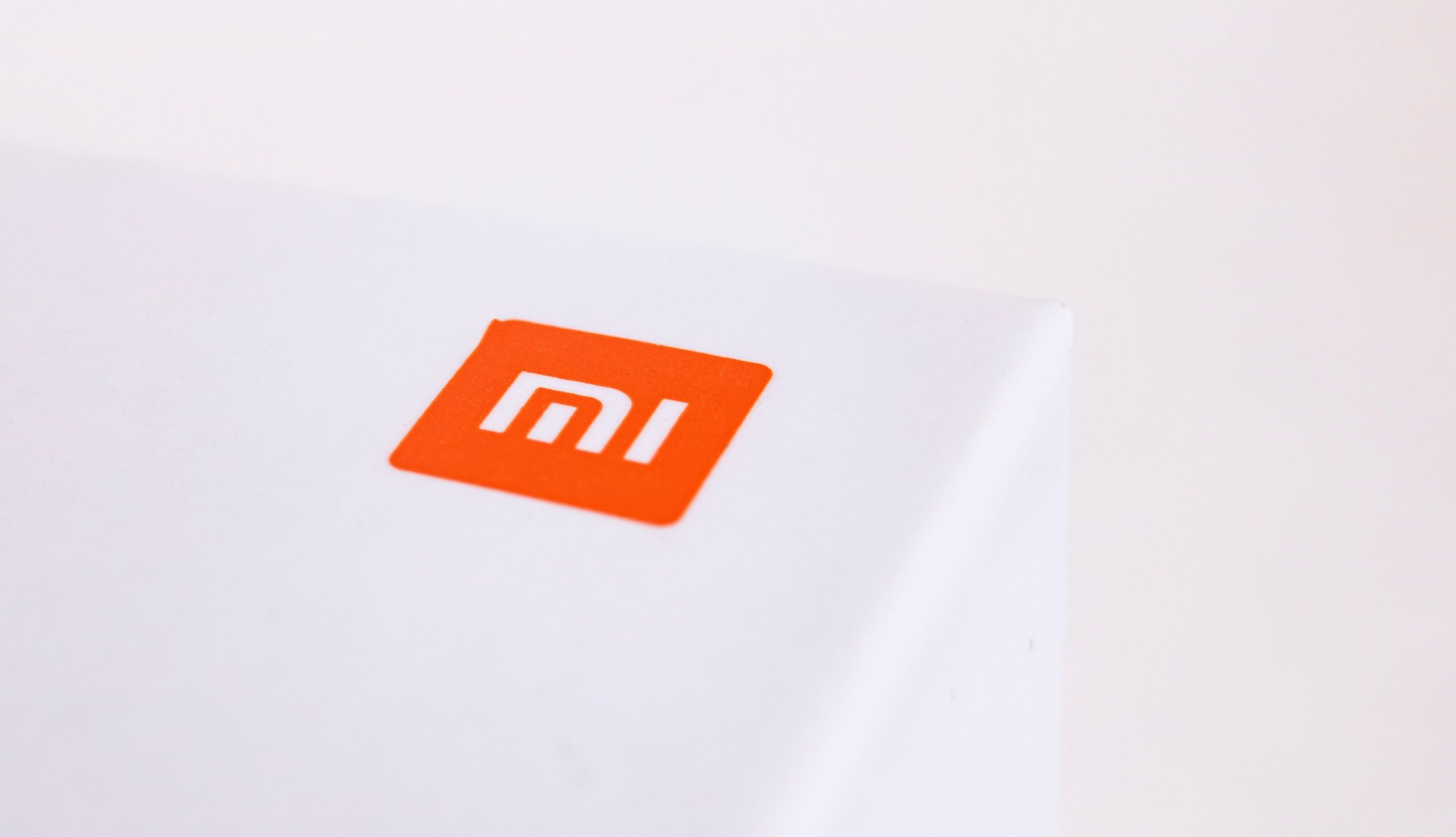Piggyvest, a nine-year-old Nigerian savings platform, paid ₦835 billion to its customers and crossed 5 million in 2024. Since its launch in 2016, customers have withdrawn over ₦2 trillion, a fraction of the total deposits held by Piggyvest.
“2024 was our most profitable year, one of the years we achieved the most growth, and our most focused year as a company,” said Somto Ifezue, the CEO and co-founder of Piggytech Global Limited, Piggyvest’s parent company. Piggytech also owns PocketApp, a consumer payments app that crossed ₦1 trillion in transaction volume in the same year.
Across Piggyvest, Piggyvest business and Pocket App, Piggytech processed over ₦2 trillion. Ifezue links the growth to focusing on customer service and meeting user needs. “We adjusted our interest rates to align with market trends and worked diligently to offer our users even greater value for every naira. Every milestone…stems directly from our focus on serving our users better,” he said.
Piggyvest said it grew its assets under management by 76% in 2024. The fintech also claims that its users were saving ₦44,000 every second on its platform towards the end of 2024, which suggests an annualised savings total of ₦1.39 trillion.
In August 2023, Josh Chibueze, co-founder and CMO of Piggyvest, told that the company planned to leverage its three licenses—a fund manager license from the SEC, a mobile money license from the Central Bank of Nigeria, and a microfinance bank license—to expand into money management and offer credit to Nigerians.
It will launch the credit product in 2025, according to Ifezue, its CEO. “[Our customers] have complained that their salaries no longer last until the end of the month. This year, we plan to roll out an additional feature on Piggyvest to help you manage your day-to-day expenses and ensure your salary lasts until the next payday,” he said.
Piggyvest has since evolved its business model several times since it was founded. It initially allowed users to deposit funds into savings accounts and earn interest. Withdrawals are restricted to four times a year, with a penalty fee for early access. But it has since added Pocket, through the acquisition of Abeg, and Piggyvest Business, a point-of-sales product that allows retail stores to accept payments offline.










